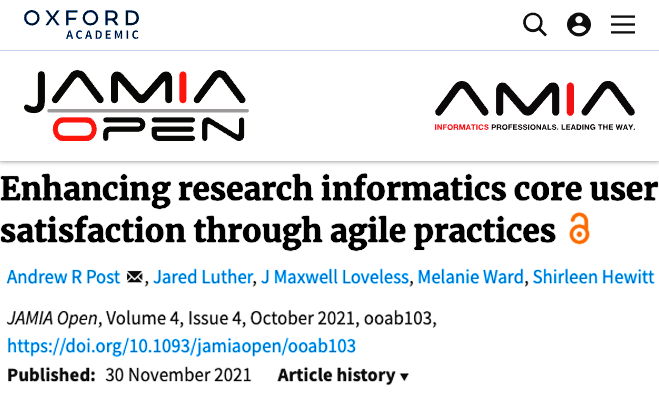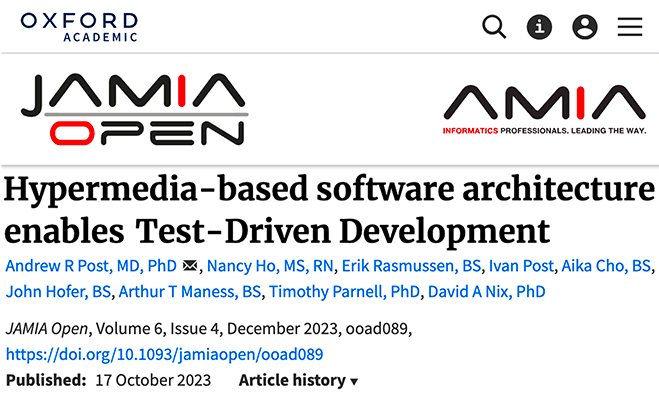The information collected in the Research Subject Registry is sensitive, patient-related data. Therefore, particular attention must be made to keeping that information secure. In order to comply wit HIPAA the Health Insurance Portability and Accountability Act of 1996 regulations, RSR uses a role-based security system. The different roles in RSR determine what will be displayed on the screen for each individual UserID. For example, if your role in a particular study doesn't allow you to add new records to the database, you will not see the plus and minus buttons above the grids.
Each individual who has access to the RSR application has been assigned a role for each study. A new feature in RSR allows the RSR Database Manager to assign a different role for each separate study. For example, you might have full access privileges for the HRBCC study but only a viewing role for the Colon study. In the earlier versions of the application each UserID could only be assigned one role. This means RSR is more flexible for the end user but more secure for patient data.
If you have any difficultly accessing data in RSR that is necessary for your position, please contact the RSR Database Manager as soon as possible. The role that is currently assigned to you can be adjusted to allow you access to what you need.




